Prof. Oded Lipschits Awarded the 2022 EMET Prize in Archaeology
The annual prize is considered the “Israeli Nobel Prize”.
Prof. Oded Lipschits, head of The Sonia & Marco Nadler Institute of Archaeology at The Lester and Sally Entin Faculty of Humanities at Tel Aviv University was announced as a recipient of the 2022 EMET Prize (for art, science and culture). He will be awarded the prize in June this year, in the presence of the Prime Minister of Israel.
The Researcher of the Great Empires
Prof. Lipschits was born in Jerusalem, a city which is very central to his research pursuits. He has served for more than a decade as Head of the Institute of Archaeology at Tel Aviv University, is the Austria Chair of the Archeology of the Land of Israel in the Biblical Period and Founder and Director of Ancient Israel Studies for MA and doctoral students.
He has been directing the excavation delegation at Tel Azka since 2010, and since 2018 he has also been heading the excavations at the temple which was discovered at Tel Motza and which dates back to the biblical period.
Prof. Lipschits’ works focus on the “Age of Empires” – the period of the rule of Assyria, Egypt, Babylon and Persia – and its far-reaching effects on the southern Levant in general, and Judea in particular. One of the great contributions of Prof. Lipschits was the recognition that contrary to the accepted chronological conception, the archaeology and history of the Levant in most of the first millennium BCE were shaped by the presence and rule of the great empires.
Through a series of books and articles he has illuminated how the destruction of Jerusalem and the First Temple did not lead to a period of complete exile of the land (“the myth of the empty land”), and that the period of “Return to Zion” is also largely a reflection of “the myth of mass return”.
“Striving for Excellence in the Archaeological and Historical Research of the Land of Israel”
In addition to his many publications, which became important cornerstones for the study of this period, another “building block” laid by Prof. Lipschits is an innovative study of Judean traditions within administration and economy, and especially when it concerns imprints on the handles of jars, a practice which was introduced in the late eighth century and continued into the middle of the second century BCE, during the entire period of the rule of the empires in Judea. These studies demonstrate the continuity of the administration and economy in Judea during the days of the First and Second Temples, before and after the destruction of Jerusalem, during the 600 years between the reign of Ahaz and Hezekiah until the establishment of the Hasmonean dynasty.
“This is a great honor for me personally, and of course for all of us in the Department and Institute of Archaeology, at the Faculty of Humanities and Tel Aviv University, my academic home since the beginning of my studies,” said Prof. Oded Lipschits.
“This is an important and significant award for striving for excellence in the archaeological and historical research of the Land of Israel, and for many years of hard work and fruitful cooperation with friends and colleagues here at TAU and at other universities and Israel and around the world. I would like to thank the award committee for choosing me, and of course my friends and colleagues, my wife Yael and our four children, for the love and support throughout the years that I’ve been engaged in excavations, research and writing.”



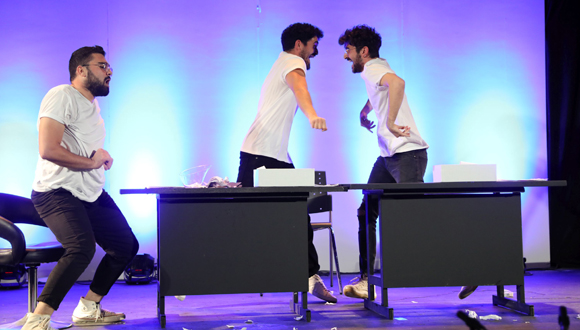
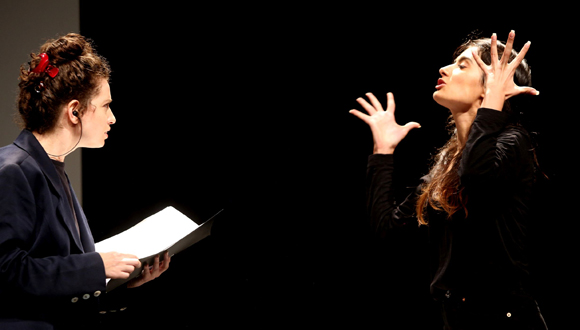
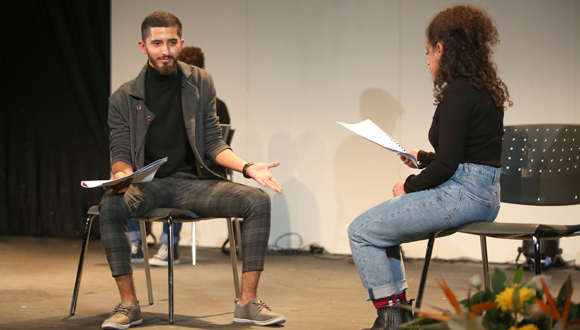
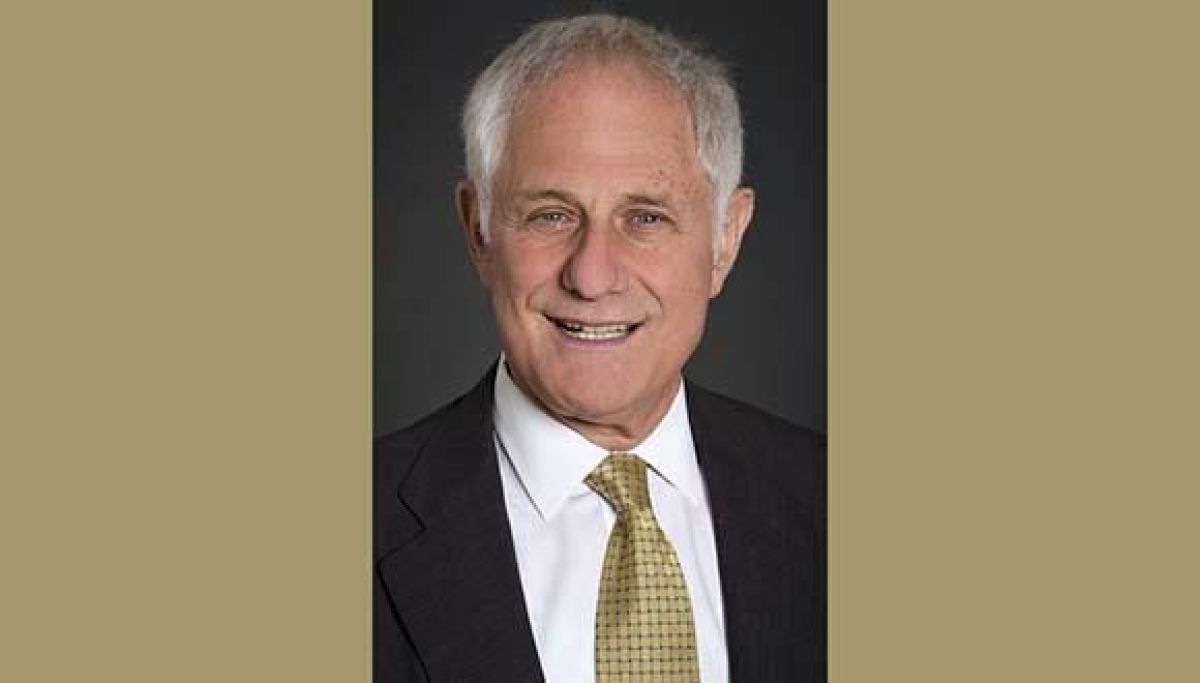






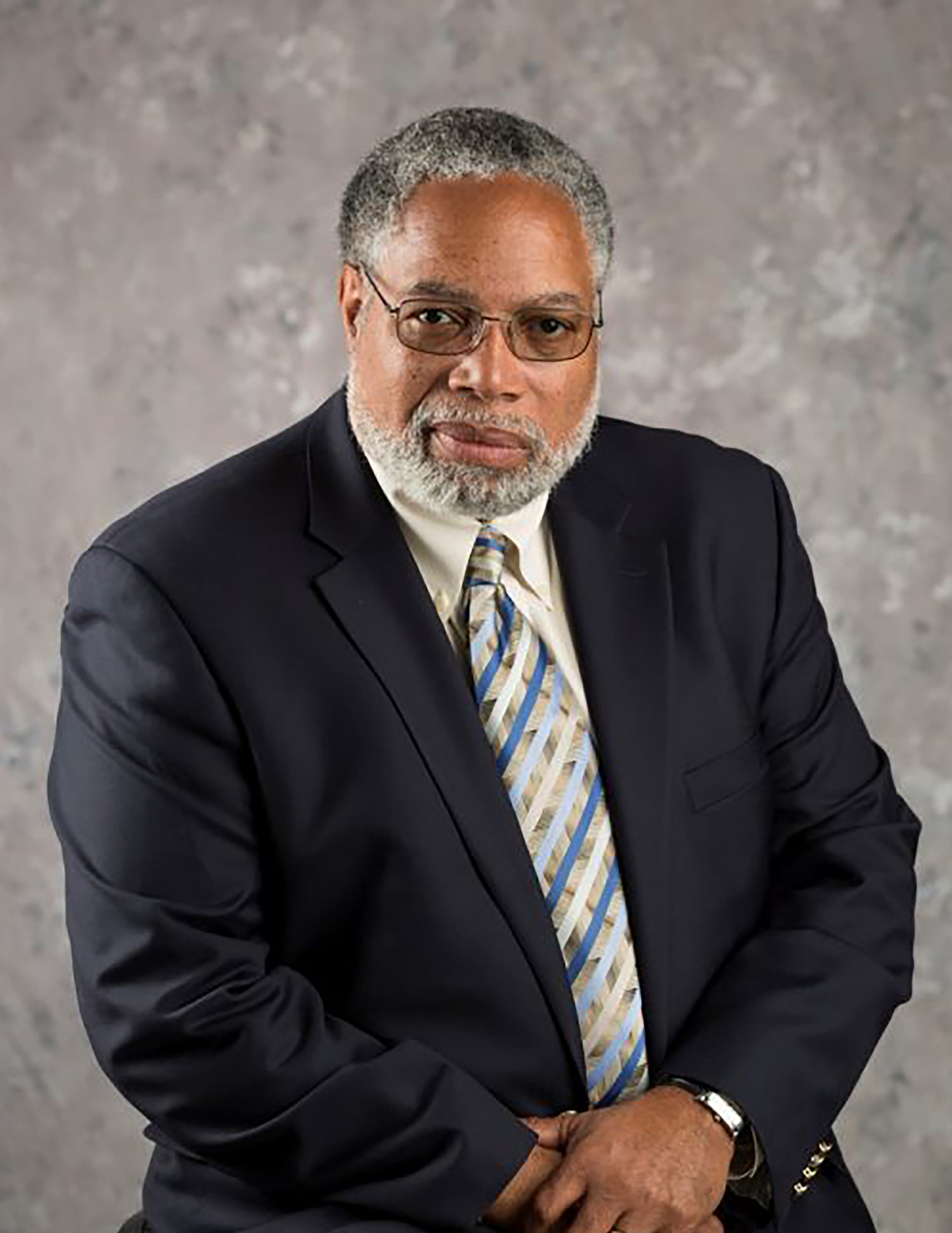 Lonnie G. Bunch III was the founding director of the Smithsonian’s inspiring National Museum of African American History and Culture in Washington, D.C., which constitutes the most comprehensive and significant project toward the preservation of the full sweep of African American history and its impact on American and world history. With over 40,000 exhibits, the museum has been critically praised for its clear-sighted, unflinching portrayal of the African American experience. An influential curator and prolific author, Bunch serves today as the Smithsonian’s 14th Secretary – the first historian and first African-American to be appointed to this position.
Lonnie G. Bunch III was the founding director of the Smithsonian’s inspiring National Museum of African American History and Culture in Washington, D.C., which constitutes the most comprehensive and significant project toward the preservation of the full sweep of African American history and its impact on American and world history. With over 40,000 exhibits, the museum has been critically praised for its clear-sighted, unflinching portrayal of the African American experience. An influential curator and prolific author, Bunch serves today as the Smithsonian’s 14th Secretary – the first historian and first African-American to be appointed to this position.
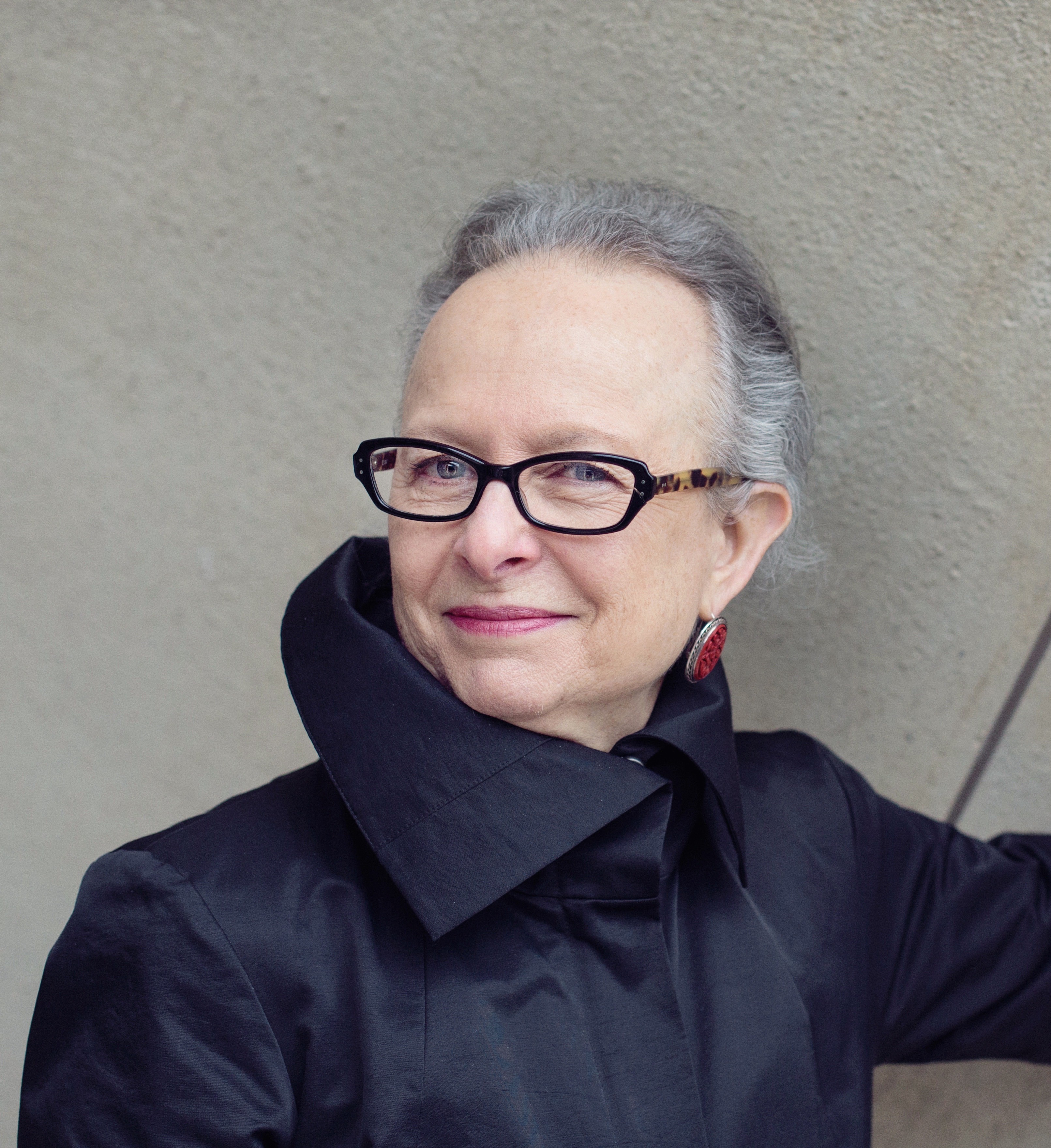 Prof. Barbara Kirshenblatt-Gimblett is a distinguished scholar of Performance studies and Jewish Studies at New York University, who led the development of the core exhibition of POLIN Museum of the History of Polish Jews, winner of the 2016 European Museum of the Year Award. The museum is a hub for Jewish historical preservation in Warsaw, tracing the 1000-year history of Polish Jews, in an effort to re-animate a vibrant and culturally rich vanished Jewish world, which she has spent a lifetime exploring – telling the story literally where it took place.
Prof. Barbara Kirshenblatt-Gimblett is a distinguished scholar of Performance studies and Jewish Studies at New York University, who led the development of the core exhibition of POLIN Museum of the History of Polish Jews, winner of the 2016 European Museum of the Year Award. The museum is a hub for Jewish historical preservation in Warsaw, tracing the 1000-year history of Polish Jews, in an effort to re-animate a vibrant and culturally rich vanished Jewish world, which she has spent a lifetime exploring – telling the story literally where it took place.
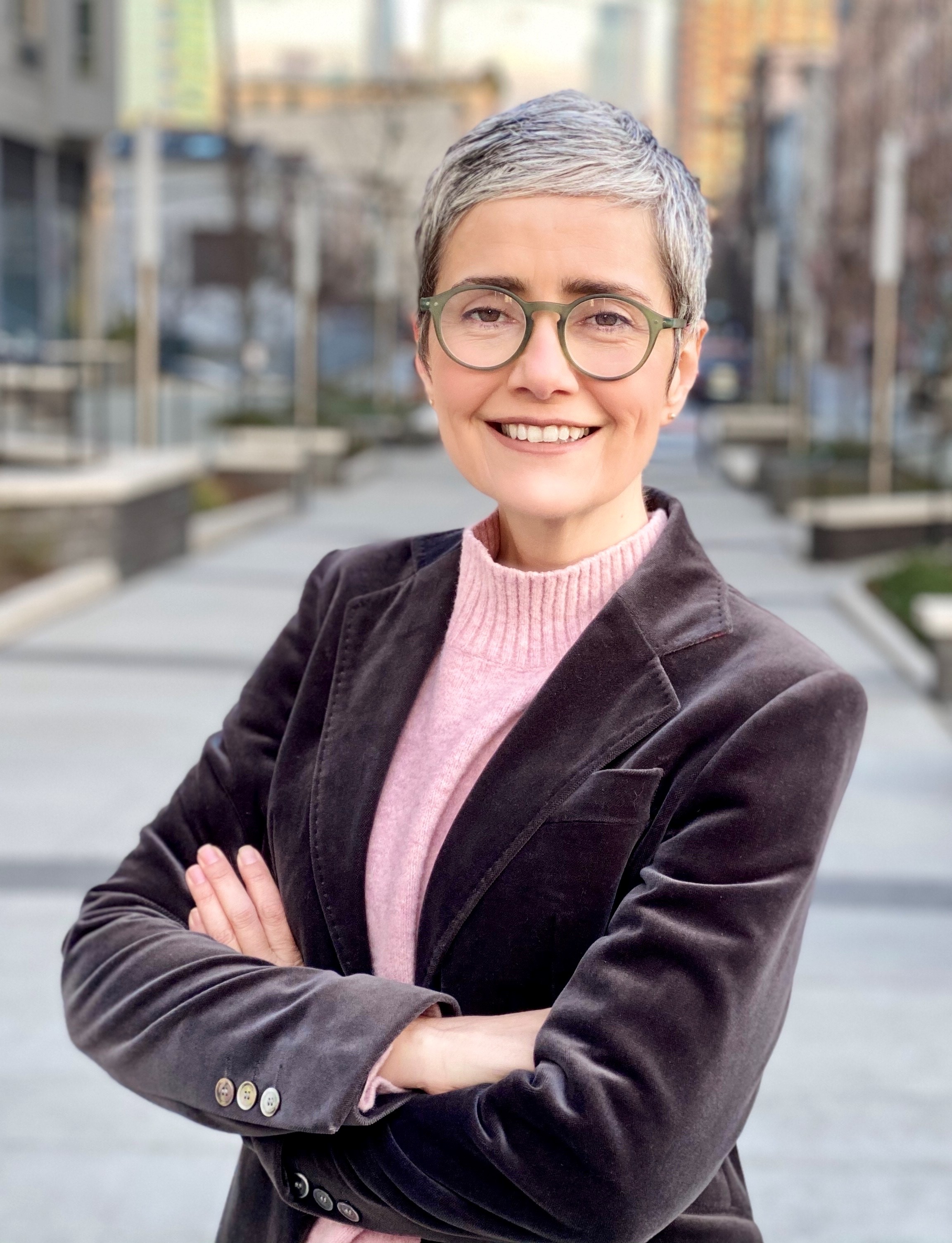 Prof. Debora Diniz is the Deputy Director of the Rights and Justice Unit for the International Planned Parenthood Federation/Western Hemisphere Region, where she oversees strategies to promote and protect gender equality, sex, and reproductive rights and health, and to eliminate violence against women and girls in Latin America and the Caribbean region. Her ongoing contributions span her work in sexual and reproductive health rights, social protection, and reframing the Zika virus in relation to social and racial inequalities.
Prof. Debora Diniz is the Deputy Director of the Rights and Justice Unit for the International Planned Parenthood Federation/Western Hemisphere Region, where she oversees strategies to promote and protect gender equality, sex, and reproductive rights and health, and to eliminate violence against women and girls in Latin America and the Caribbean region. Her ongoing contributions span her work in sexual and reproductive health rights, social protection, and reframing the Zika virus in relation to social and racial inequalities.
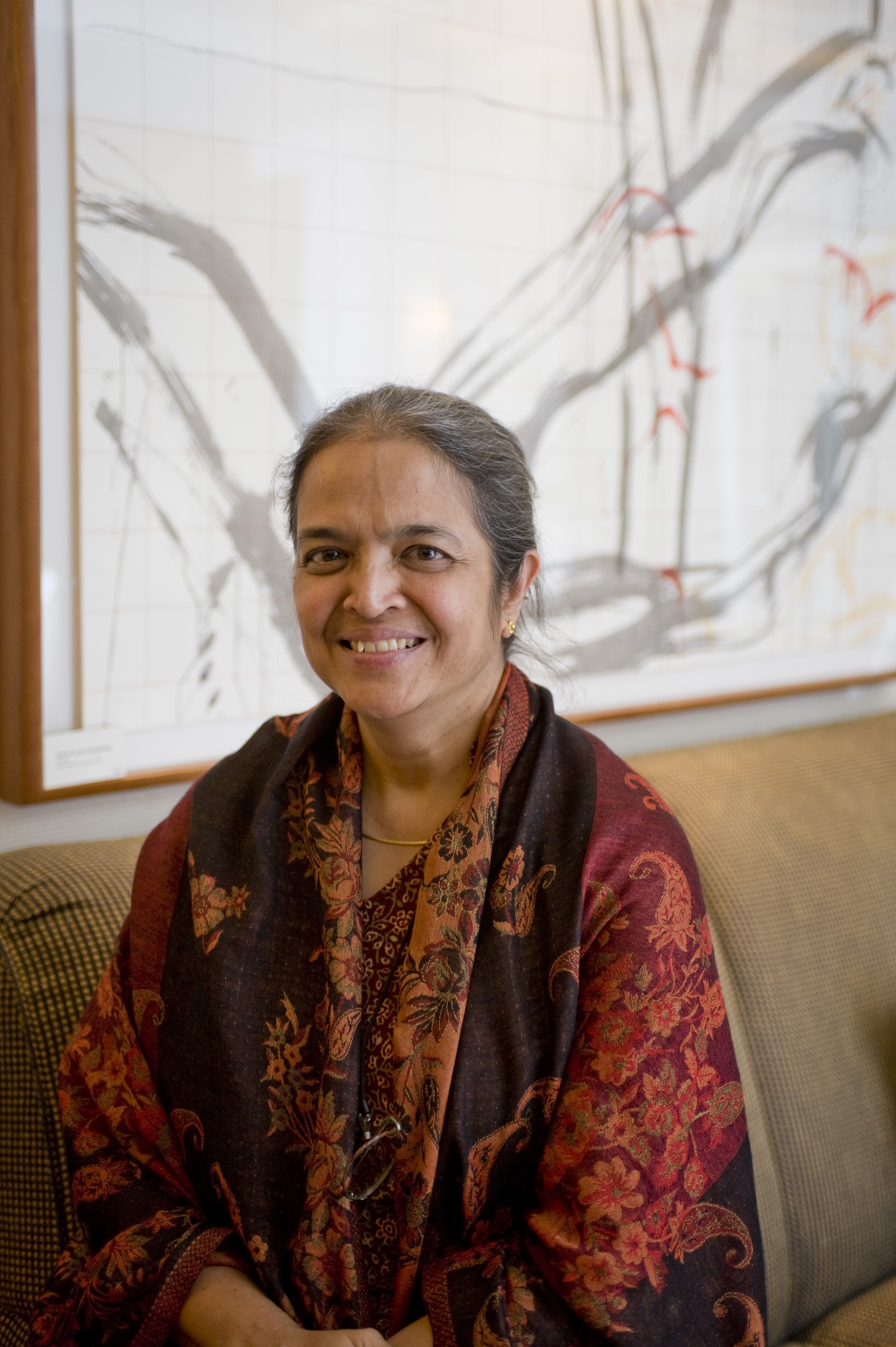 Prof. Gita Sen is a pioneering feminist scholar, researcher, and advocate. For decades, she has worked expansively in the fields of population policies, reproductive and sexual health, women’s rights, poverty, labor markets and global governance, combining her academic career with policy advocacy and activism. Her innovative research on disadvantaged populations in low income rural settings, together with her mentorship of young scholars and advocates, has made a significant impact on the field.
Prof. Gita Sen is a pioneering feminist scholar, researcher, and advocate. For decades, she has worked expansively in the fields of population policies, reproductive and sexual health, women’s rights, poverty, labor markets and global governance, combining her academic career with policy advocacy and activism. Her innovative research on disadvantaged populations in low income rural settings, together with her mentorship of young scholars and advocates, has made a significant impact on the field.
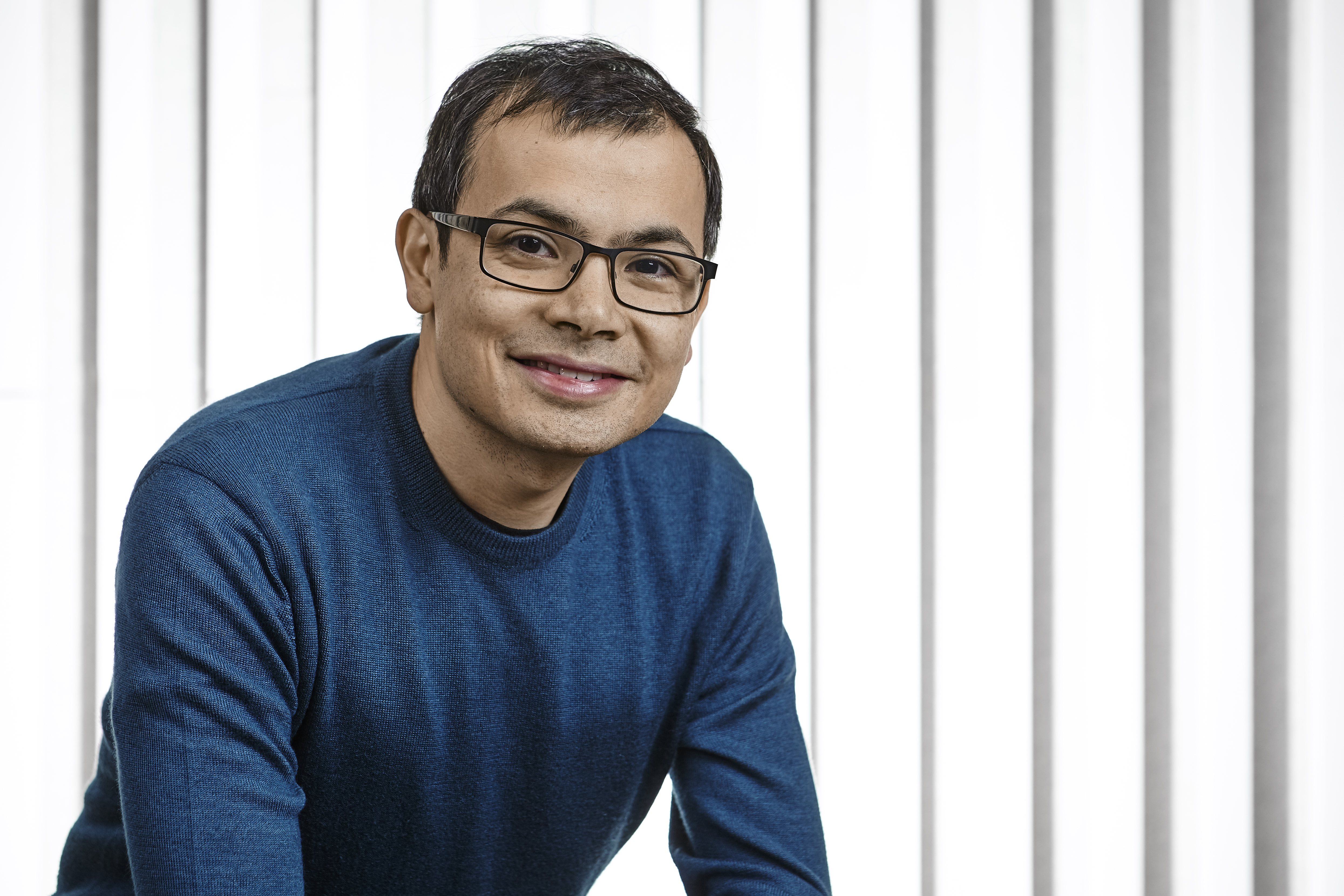 Dr. Demis Hassabis is a pioneer of artificial intelligence and a widely-cited neuroscientist. He is the co-founder and CEO of DeepMind, one of the world’s leading AI research companies, which seeks to combine insights from neuroscience and machine learning with the latest developments in computer hardware, to construct a mechanism for general-purpose learning – ‘artificial general intelligence.’ To date, DeepMind has published nearly 1,000 papers – including multiple Nature and Science publications – and achieved groundbreaking results in challenging AI domains, from self-learning algorithms playing strategy games at a “superhuman” level (DQN and AlphaGo), to protein folding and medical applications.
Dr. Demis Hassabis is a pioneer of artificial intelligence and a widely-cited neuroscientist. He is the co-founder and CEO of DeepMind, one of the world’s leading AI research companies, which seeks to combine insights from neuroscience and machine learning with the latest developments in computer hardware, to construct a mechanism for general-purpose learning – ‘artificial general intelligence.’ To date, DeepMind has published nearly 1,000 papers – including multiple Nature and Science publications – and achieved groundbreaking results in challenging AI domains, from self-learning algorithms playing strategy games at a “superhuman” level (DQN and AlphaGo), to protein folding and medical applications.
 Prof. Amnon Shashua is a machine learning and computer vision researcher at The Hebrew University of Jerusalem. His work and insights formed the seeds of several startups he has co-founded over the years, including Mobileye (acquired by Intel Corp. in 2017), which develops AI to enable driving assistance systems and autonomous driving technology – to date, more than 55 million cars throughout the world are equipped with Mobileye systems; and OrCam, which harnesses computer vision and natural language processing to assist the visually and hearing impaired.
Prof. Amnon Shashua is a machine learning and computer vision researcher at The Hebrew University of Jerusalem. His work and insights formed the seeds of several startups he has co-founded over the years, including Mobileye (acquired by Intel Corp. in 2017), which develops AI to enable driving assistance systems and autonomous driving technology – to date, more than 55 million cars throughout the world are equipped with Mobileye systems; and OrCam, which harnesses computer vision and natural language processing to assist the visually and hearing impaired.
